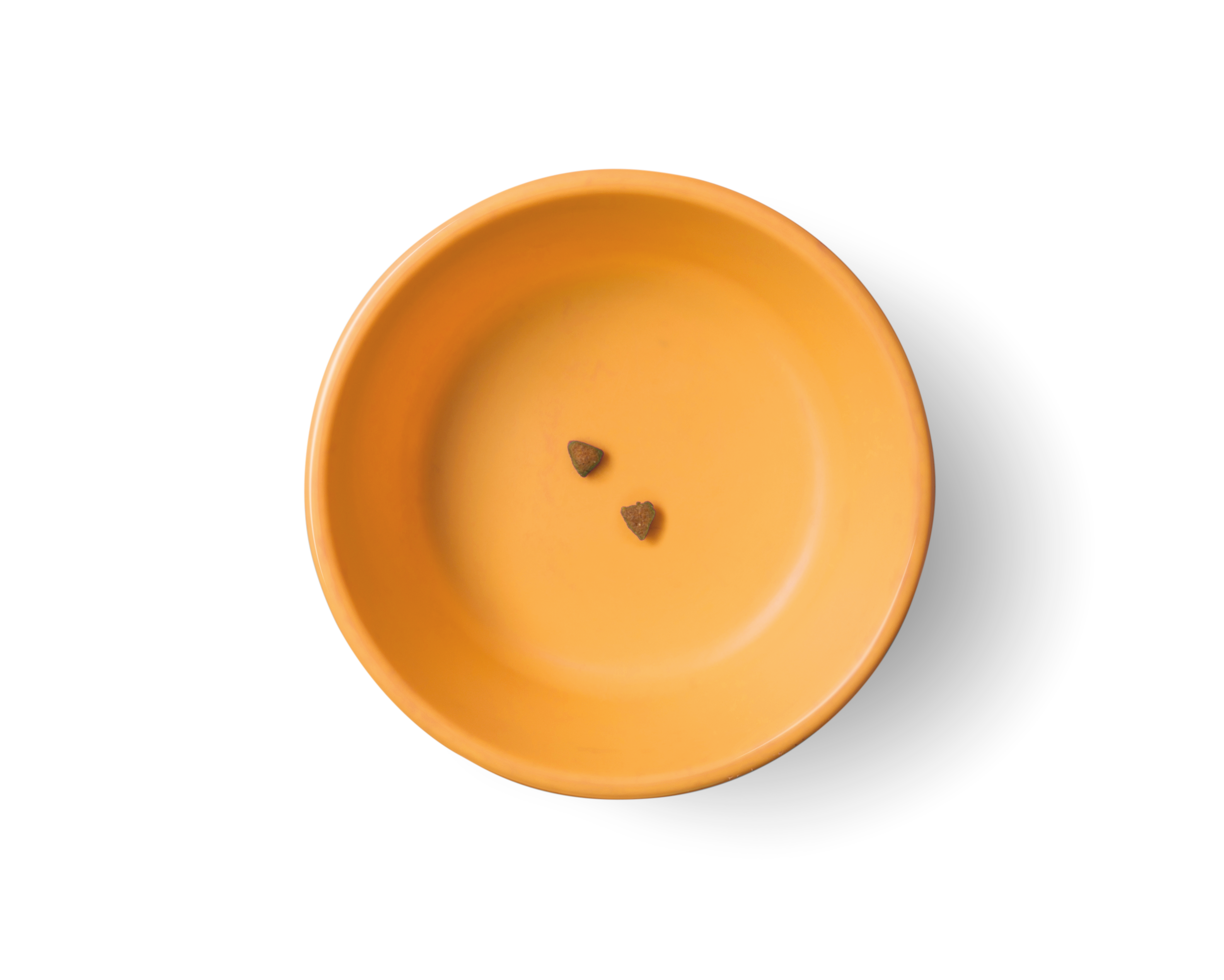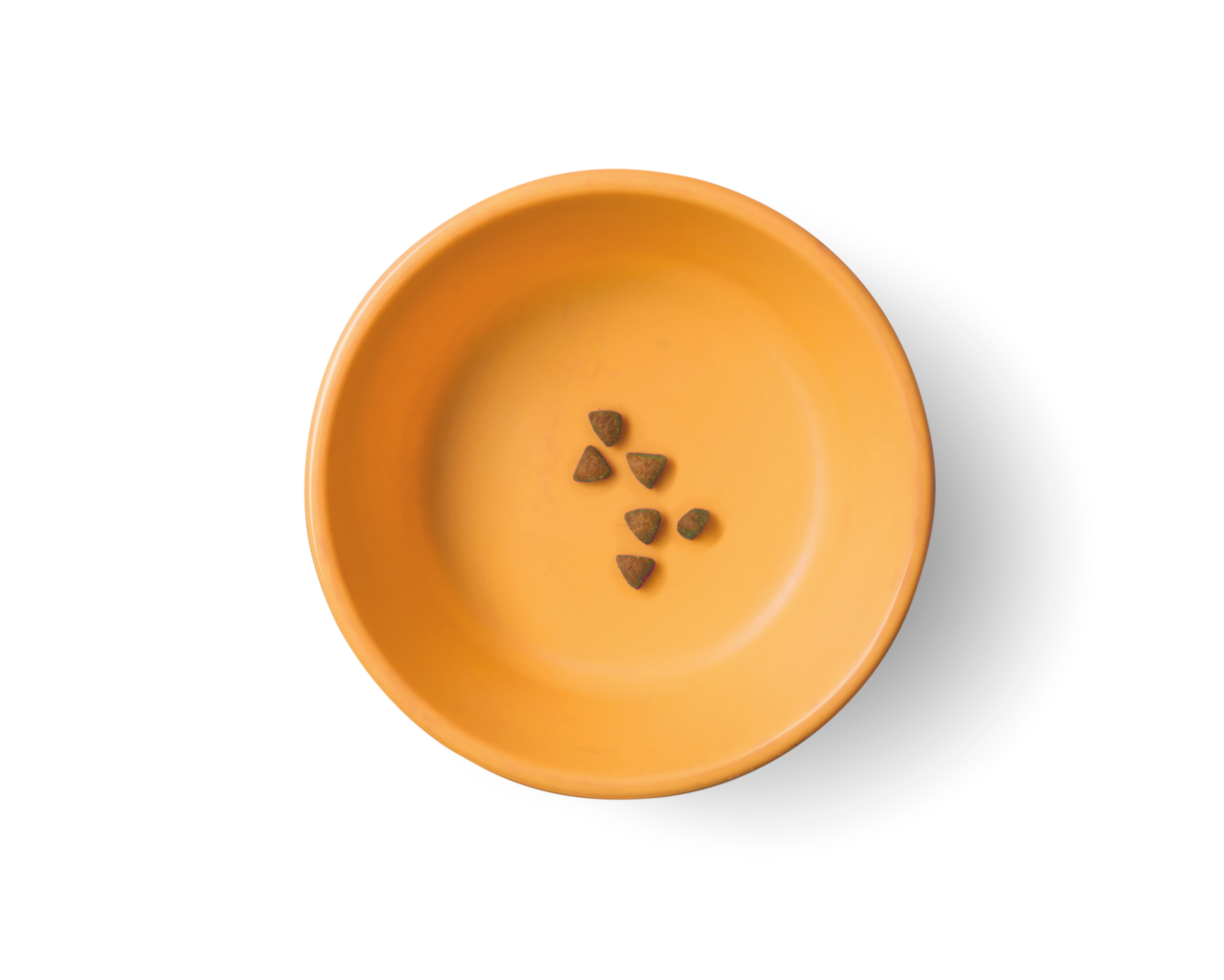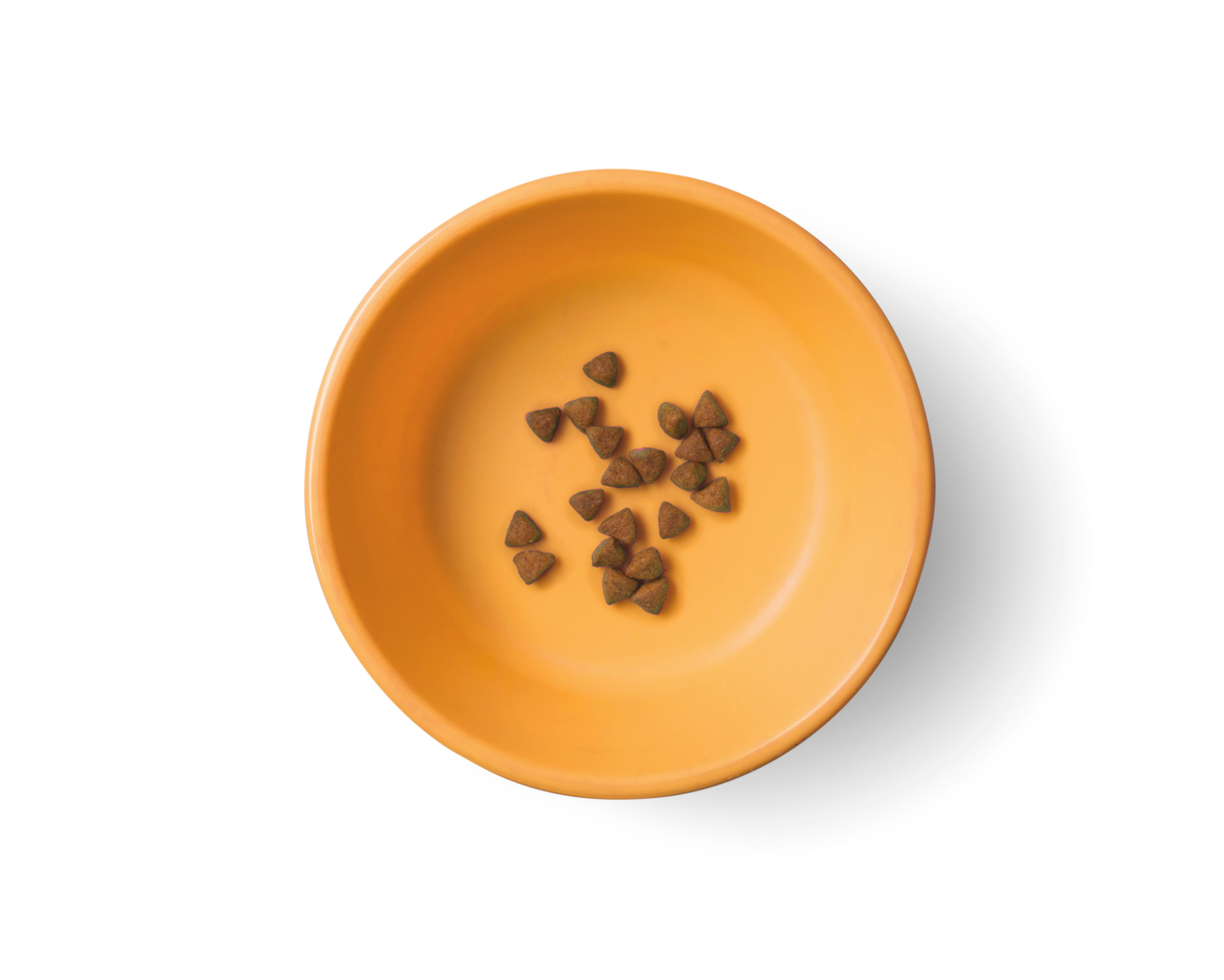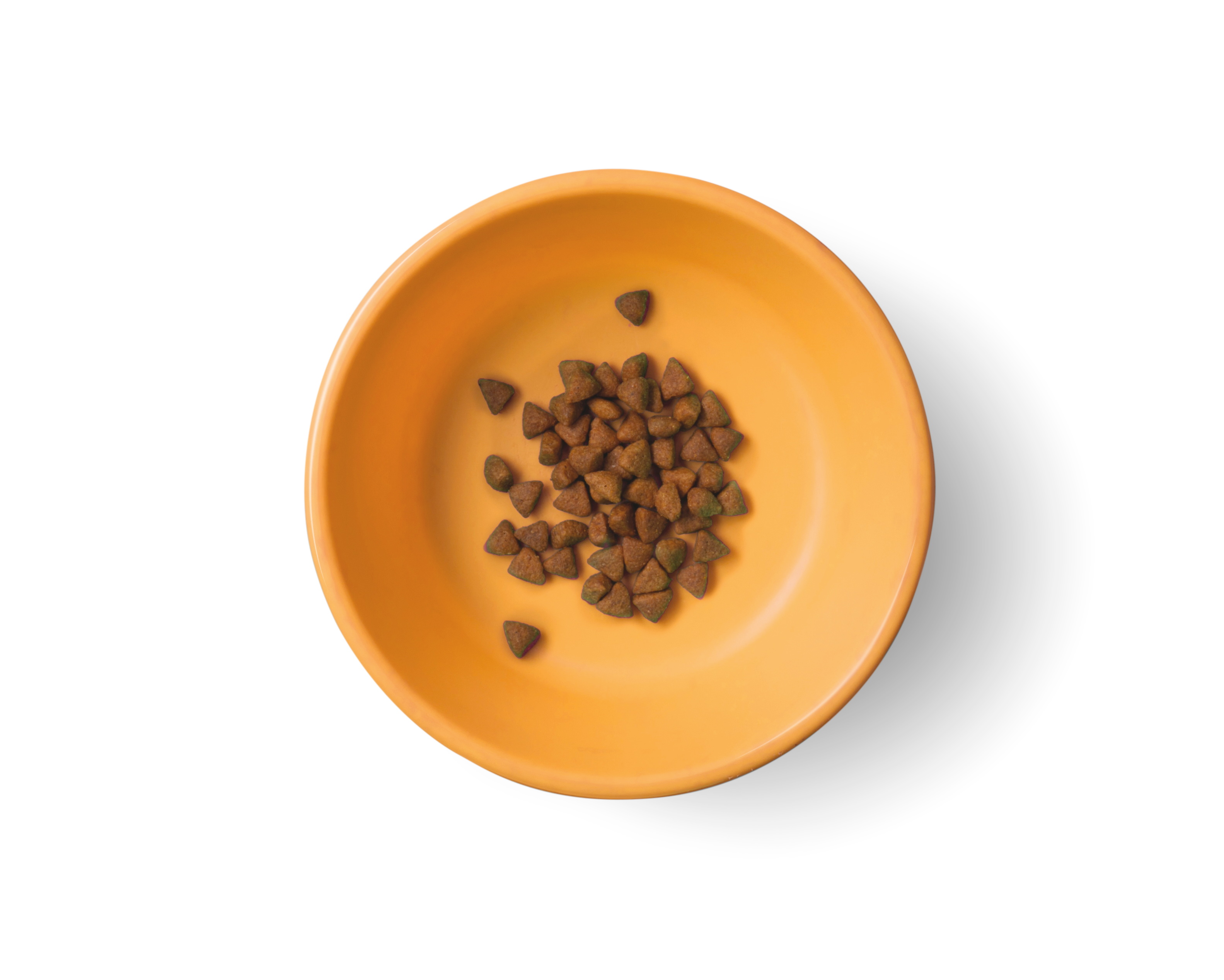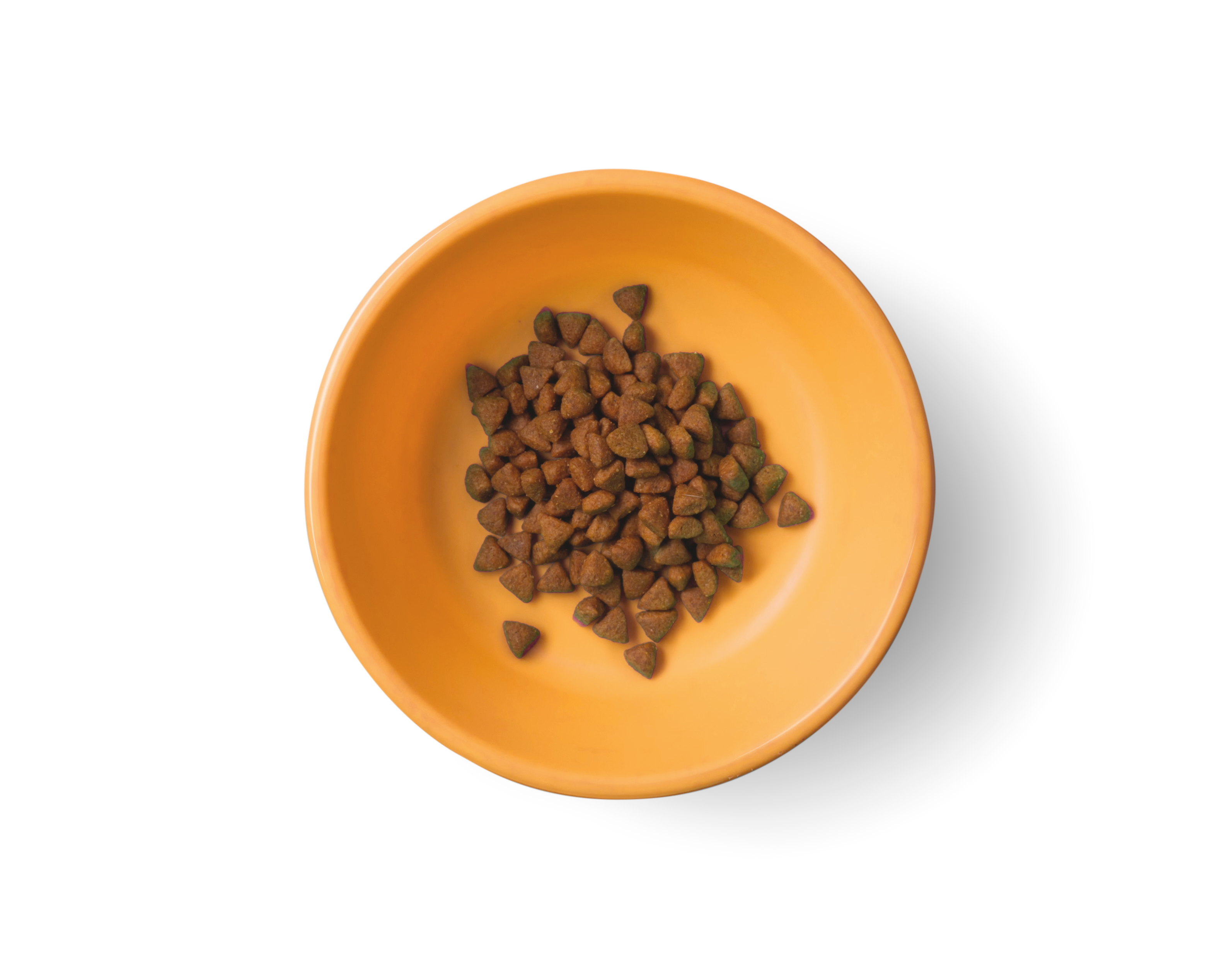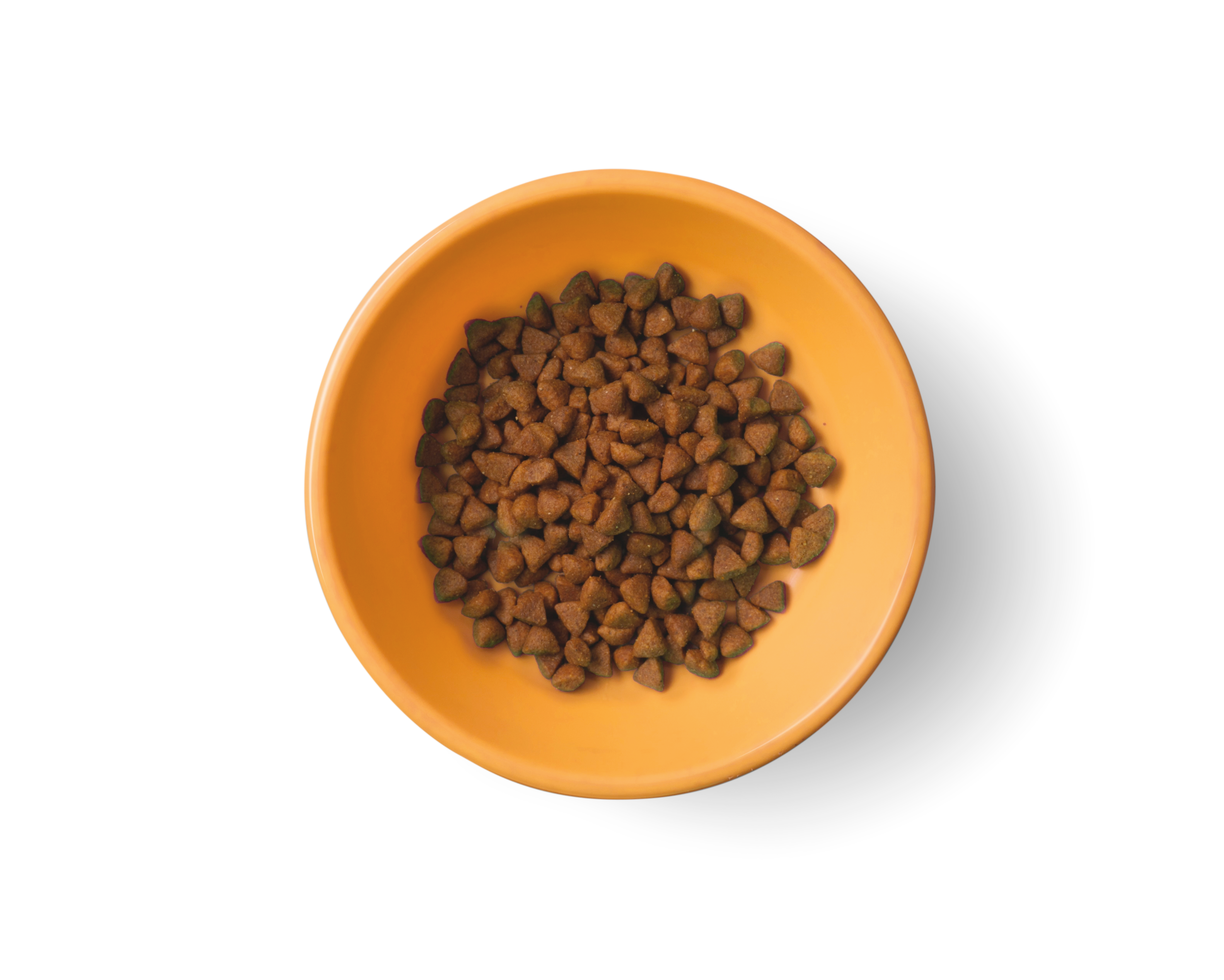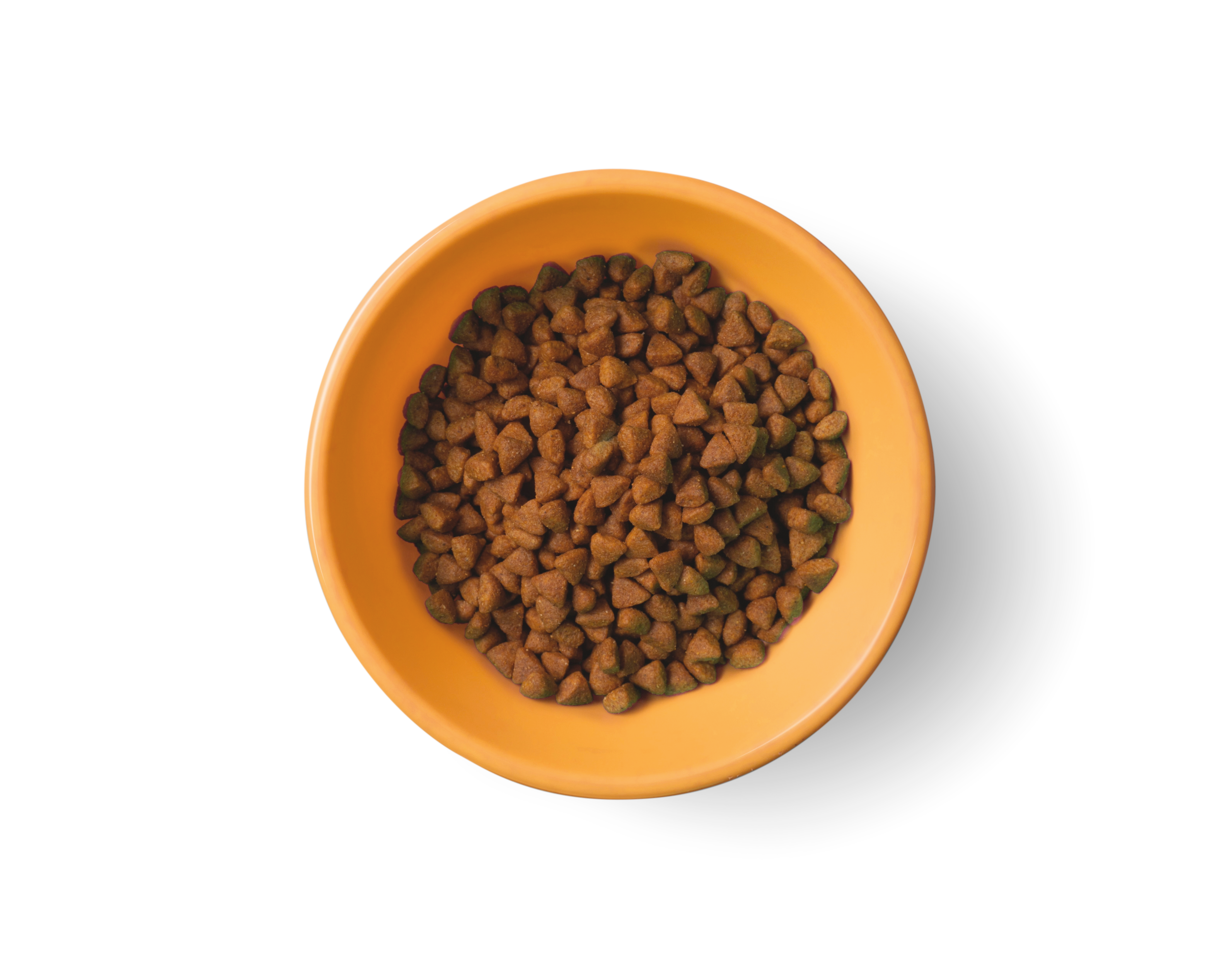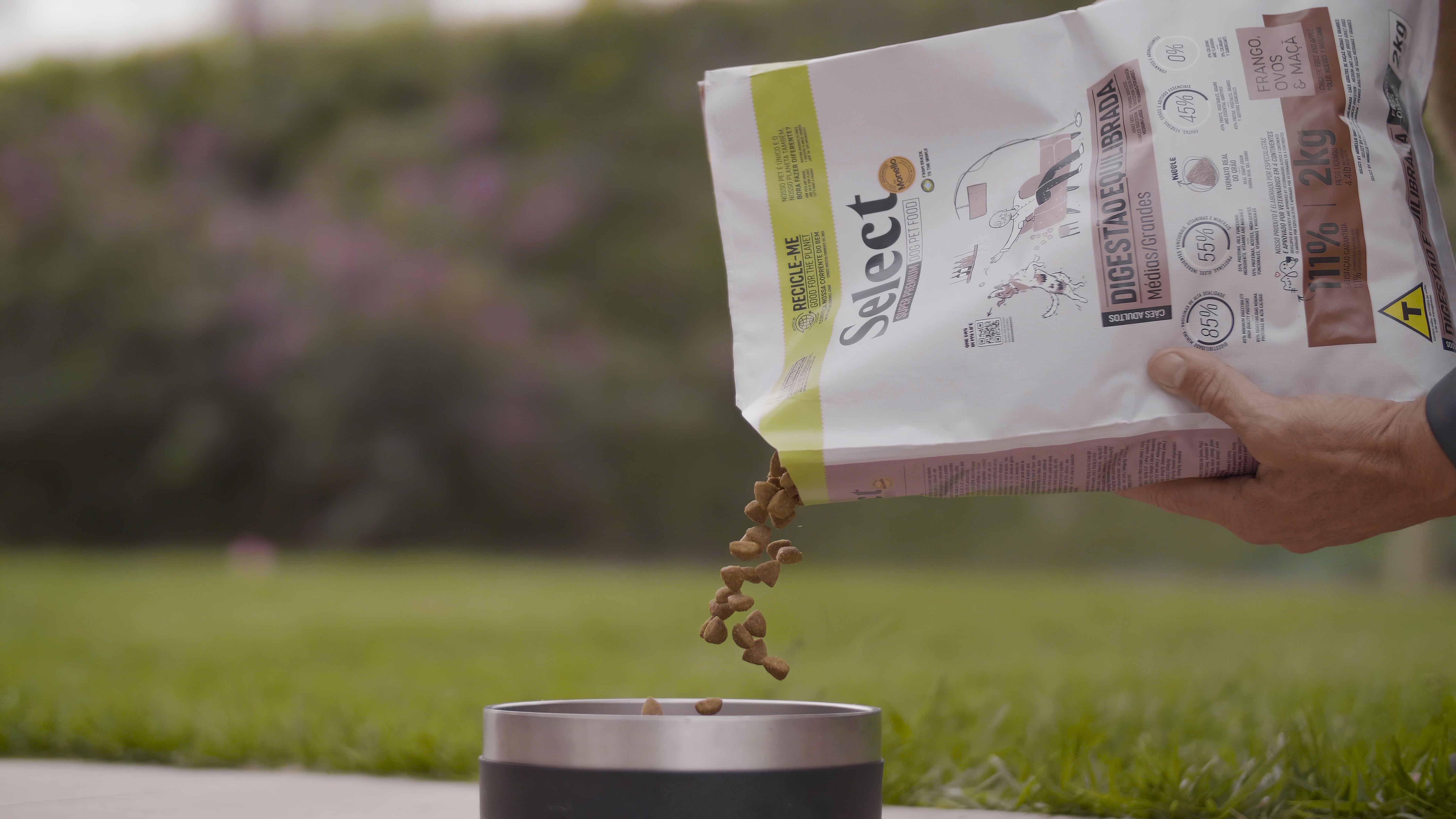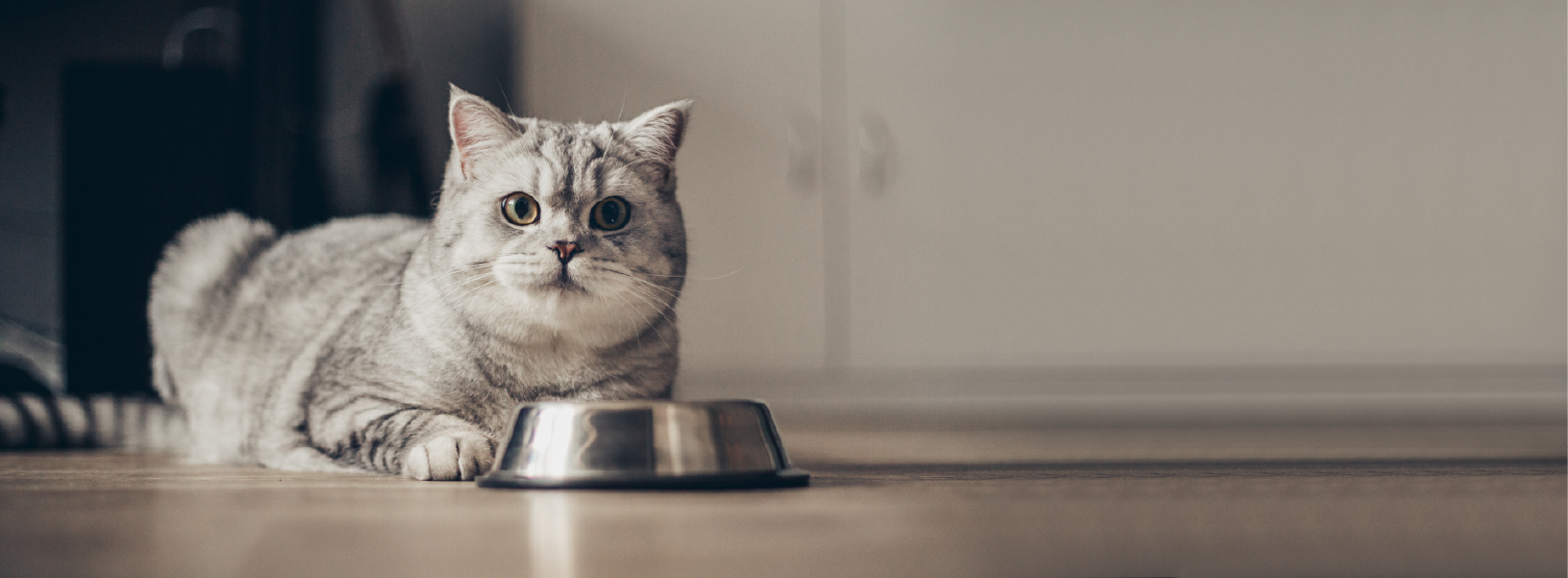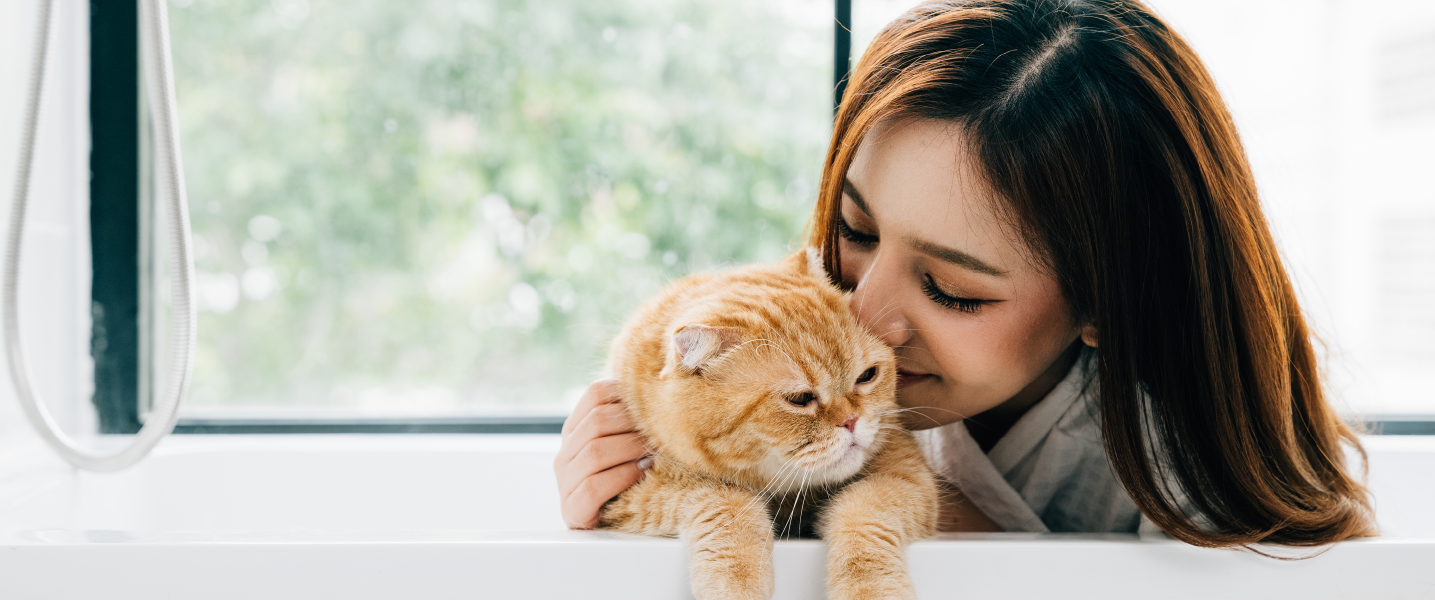Pets: top five curiosities about dogs
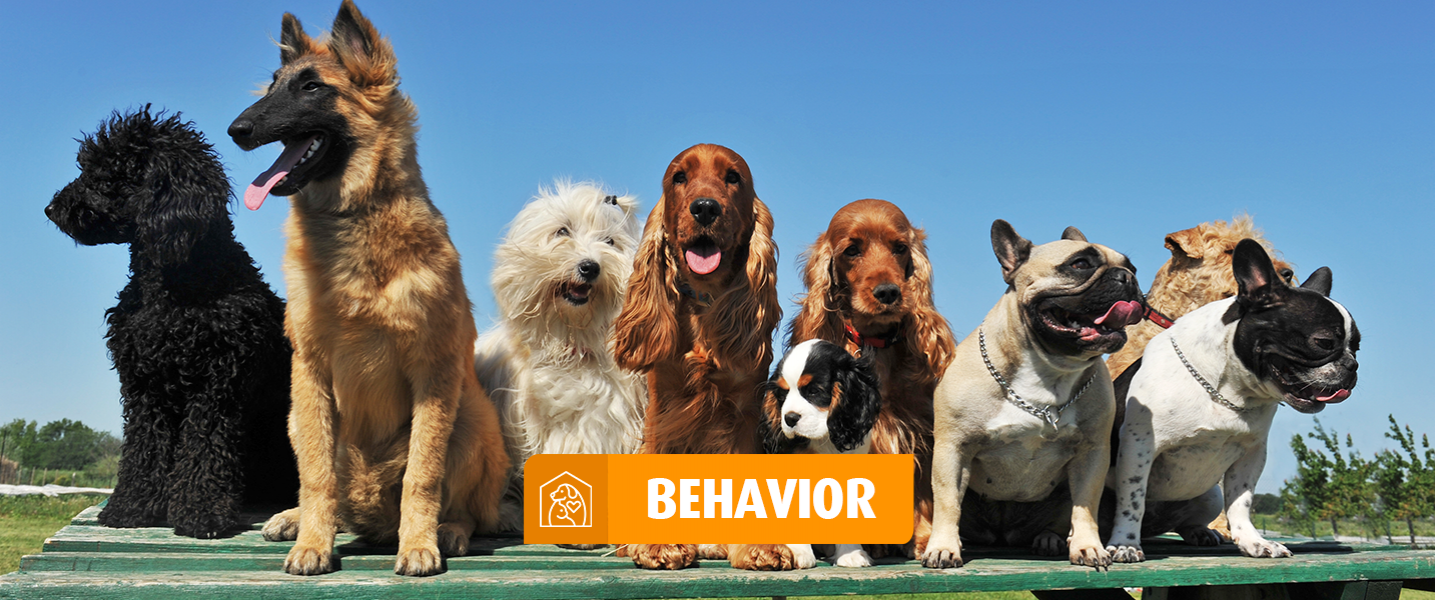
Everyone knows that dogs are humans’ best friend, right? However, people still have many curiosities about dogs, for example, why do dogs lift their leg to pee? This and other questions about pets have been answered by Nutrire’s veterinarian, Dr. Luana Sartori.
1. Dogs’ magic sense of smell
Did you know that dogs can smell a million times better than humans? “Yes, and that sense of smell is so powerful that your pet can pick up odors that you could hardly imagine (and smell). Dogs are able to smell, for example, an insect at a long distance or even a drop of blood in a large container with water,” says Dr. Luana Sartori. No wonder that some animals are used to search for missing people in natural disasters, for example.
If you look at newborn puppies, you will notice that even before opening their eyes they are able to find their mother’s milk. This is because the smell is the first sense a dog develops. “There is a famous story about the adventure of Fern, a dog born in Northern Ireland who was able to find a can filled with meat hidden in the depths of Lake Castlewellan,” she tells. But there’s more to the story: the dog sniffed out the food about ten minutes after the tin had been submerged. The lake is 1.5 kilometers long and 800 meters wide.
Long-snouted dogs, like German Shepherds, have up to 220 million olfactory receptors, whereas we only have about 5 million. “It’s a big difference, isn’t it? In addition, dogs have the ability to separate the functions of the nostrils, doing both of them at the same time,” the specialist explains. So, while one nostril identifies the smell, the other one tries to find out where it came from.
2. Why do dogs pee in a standing position?
Most male dogs pee in a standing position, although some female dogs also do it. Many tutors believe that this is part of the process related to the dogs’ urine, however, peeing in a standing position is only linked to their need to mark territory, which is common, on average, after they are six months old.
“Male dogs prefer vertical surfaces, and strive to reach the highest point. It is also possible to notice that these animals usually pee small, frequent amounts on walks, which is to mark their territory in a greater number of places,” she adds. It is all part of the pet’s nature, so let it do it without pulling it by the leash. The walk is the time to exercise and leave their “messages” through the urine, which contains molecules acting as a form of communication among dogs.
3. Did you know that dogs also sweat?
“First of all, we need to know that the ideal range for a dog’s body temperature is between 38°C and 39.3°C, which is quite different from ours. Thus, sweat is an important mechanism for animals, as it helps to dissipate body heat,” she explains.
How do dogs do this? Because of the amount of fur, dogs do not sweat through their skin. “To dissipate body heat, paw pads play a key role. The tongue is also an organ that can help evaporate moisture from the body and cool down the animal’s organism,” she says.
4. Chocolate can kill a dog
Theobromine, an ingredient found in chocolate, affects the dog’s central nervous system and heart. This substance causes allergic reactions, cardiac arrhythmia and even seizures. Depending on the size of the animal, even a small amount of it can be fatal.
In addition to the risk of death, chocolate causes cavities due to the large amount of sugar it contains. Grapes are also a dangerous food for dogs and cats, as they can lead to both kidney and liver failure. “The best option is feeding dogs with dry food based on their individual requirements, taking into account their weight, age and health condition,” she recommends.
5. Dogs love “kissing” their tutors
Do you know what it means when a dog licks your face? It’s the famous “dog kiss”. Did you know that wolves lick the mouth of other wolves to show affection? The same thing happens with dogs. It is the same display of affection we see when watching a mother dog interact with her puppies, licking them to show that she loves them. Besides, it is a good way to show their tutors how they feel: “I’m glad you arrived, I missed you” – that’s why it’s a common routine when you return home.






